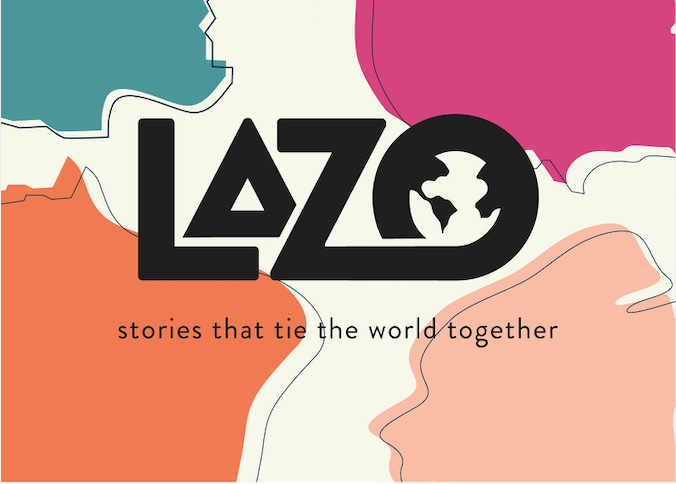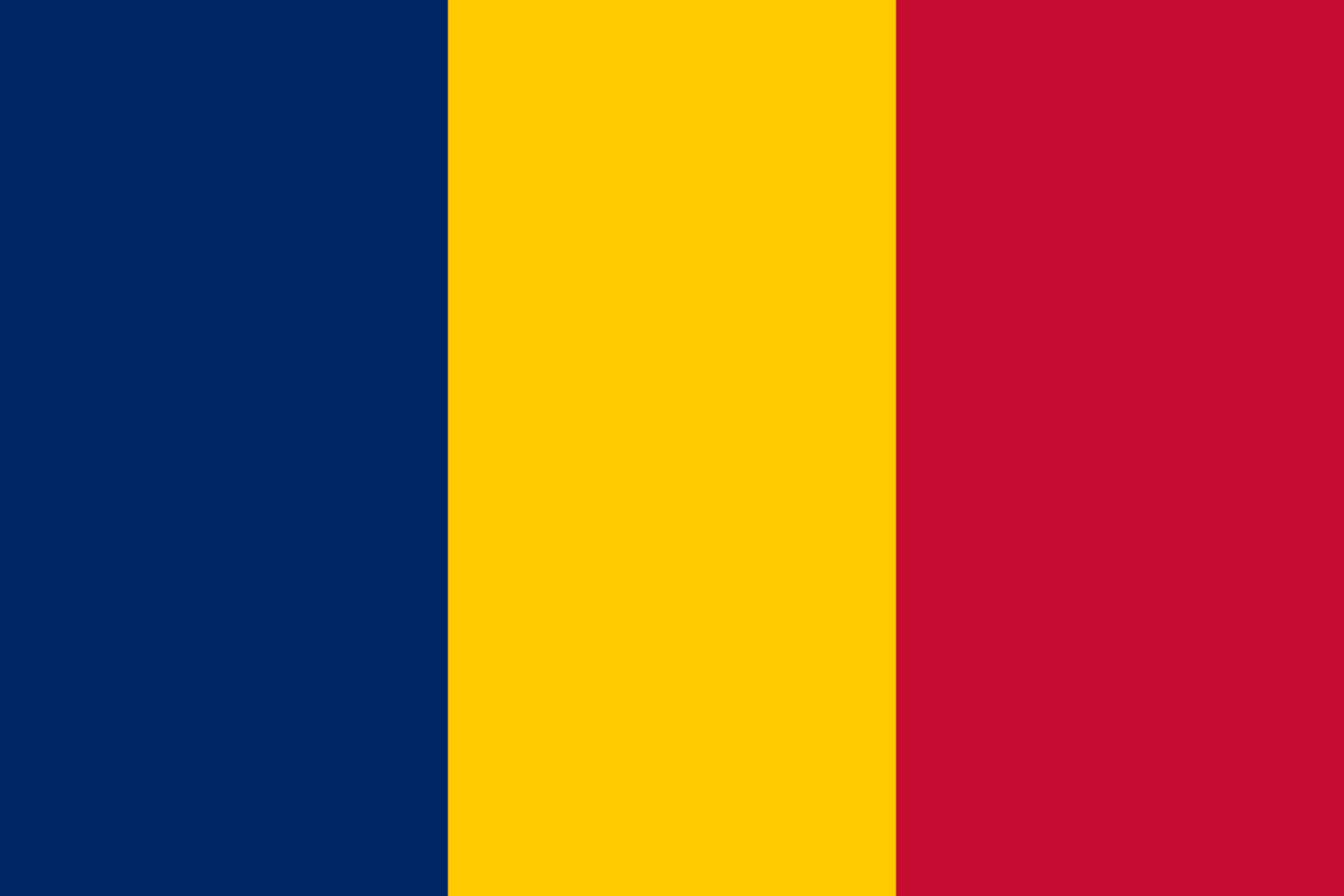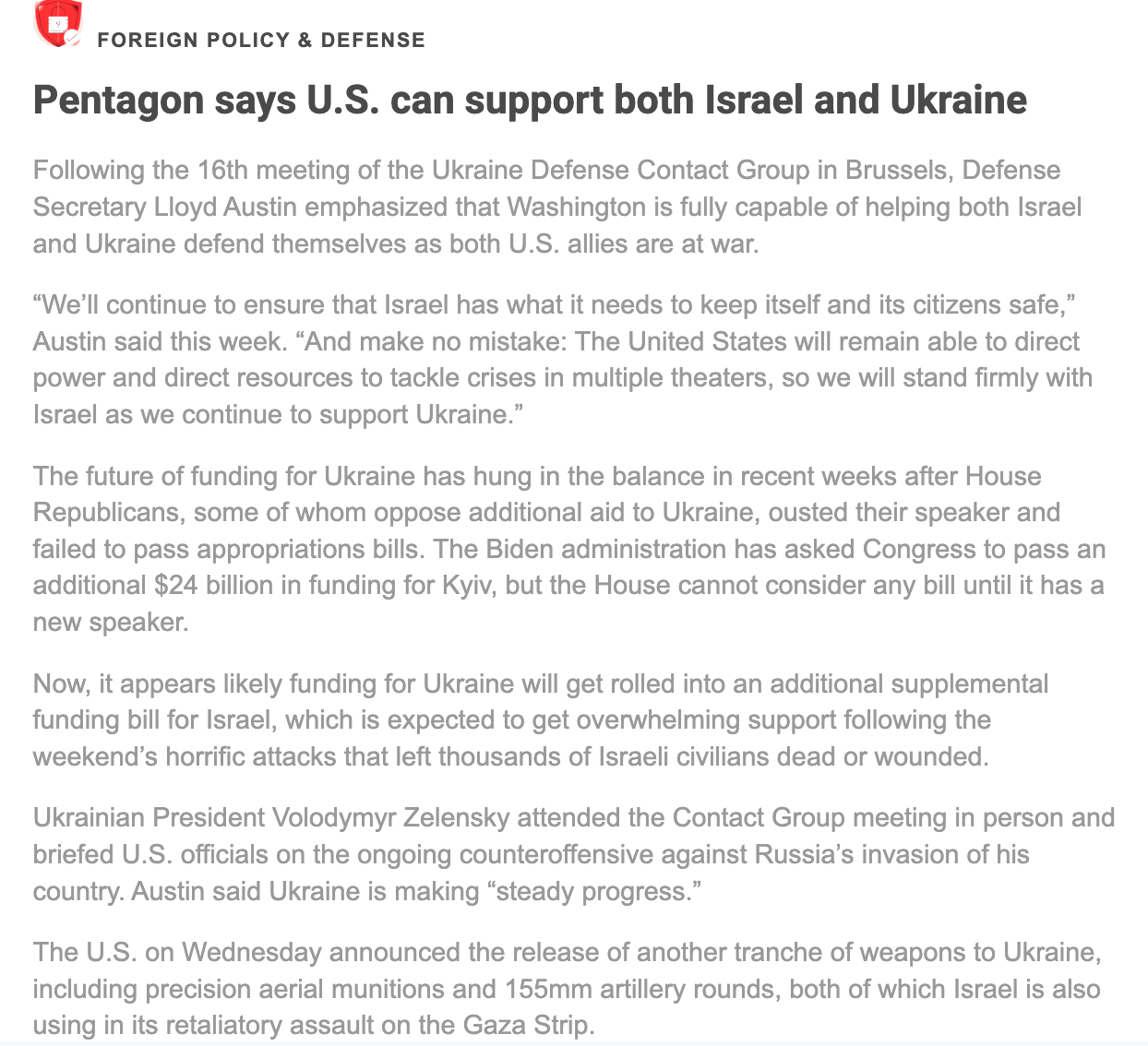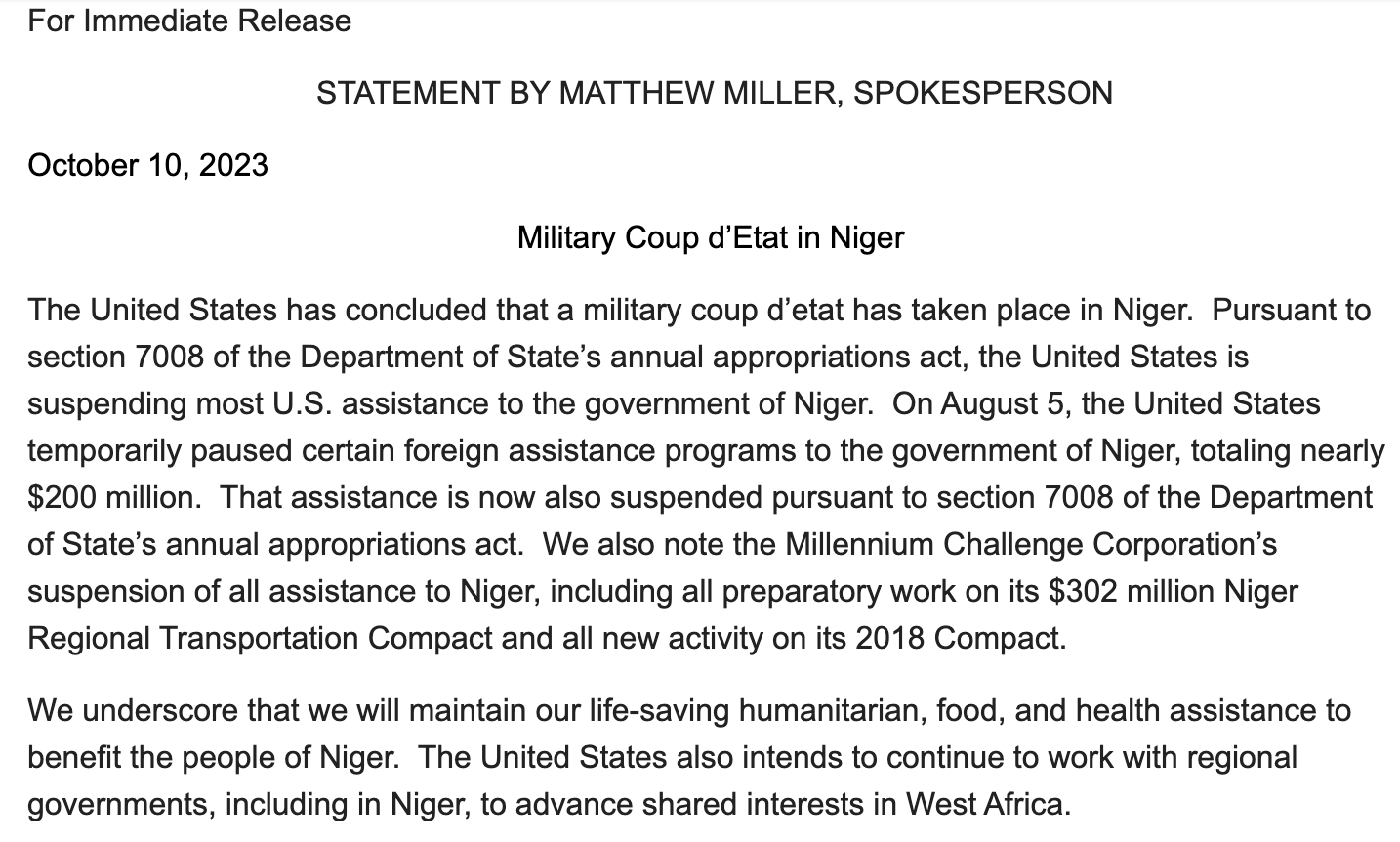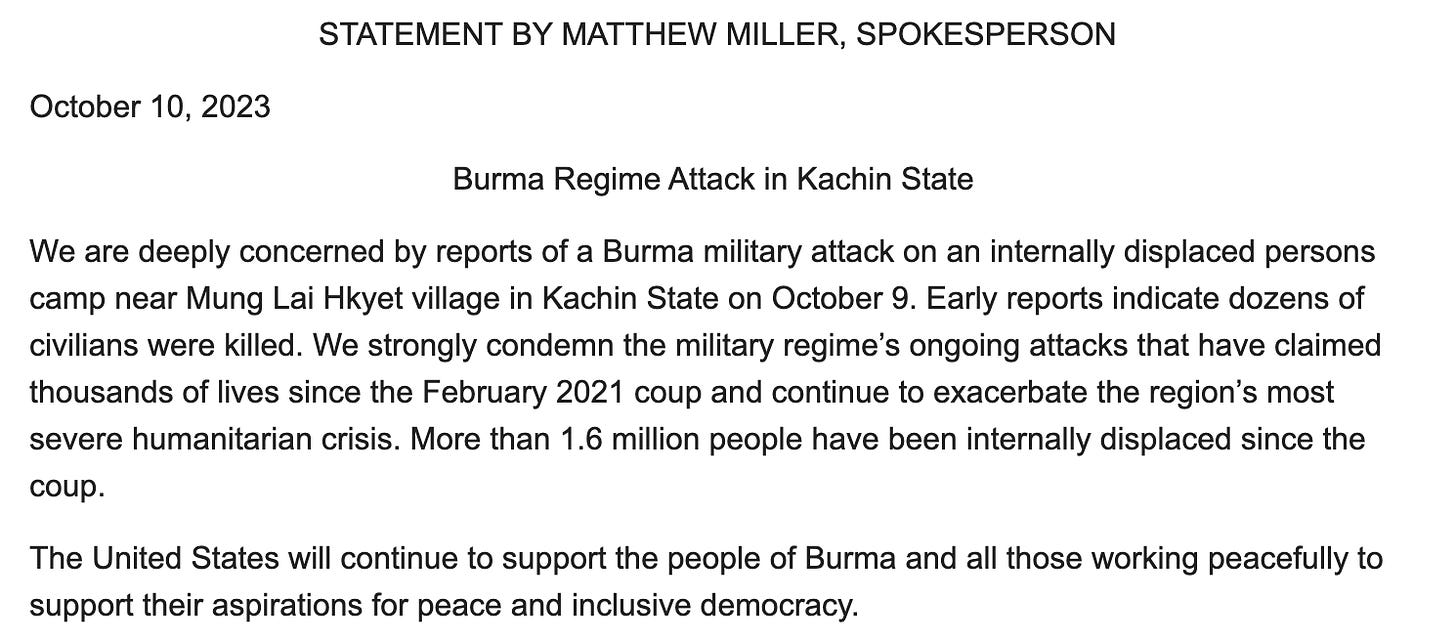This week is about Chad.
Welcome to the 195 series, where I take you on a mini-tour of every country (and maybe some places that want to be countries). Each week I'll feature a new location. Some you may have heard of, while others may be new to you. The point is to learn and nurture our curiosity about the wider world. Maybe you'll find a new artist you like, too. You can skip to the bottom if you only want the week's news.
Country Info:
Population: Roughly 17 million.
Current government: A military government has ruled Chad since the spring of 2021 when a group of officers grabbed power in a coup d’état following the death of longtime president Idriss Déby Itno.
Itno was killed on the battlefield while visiting Chad’s forces, who were fighting rebel groups in the country’s restive north. Since its independence from France in 1960, Chad has experienced on and off again civil war between the Arab Muslims of the country’s north and the Sub-Saharan Christians from the south.
The former president’s son, Mahamat Idriss Déby, now leads the military regime, which claimed it would oversee an 18-month transition period and then hold elections.
But in October last year, Chad’s military government decided to push back the date of the democratic elections by two years, allowing the interim leader to stay in power at least until 2024.
The country also launched the National Inclusive and Sovereign Dialogue (DNIS) last year, ostensibly to prepare for the 2024 elections and foster reconciliation between the country’s warring parties.
One of the opposition's demands is that the military leadership not run for office in 2024. But opposition leaders say interim leader Idriss Déby has moved to consolidate power, and many are worried he will refuse to relinquish it to a civilian government.
Language: The main languages are French and Arabic, and the country has around 120 indigenous languages.
Religion: The country is nearly evenly split between practicing Muslims and Christians. Most people in the north practice Islam, while most people in the south practice Christianity or an indigenous religion.
Standout artist: Doff, a visual artist and sculptor. You can purchase some of his works here. They’re pretty intriguing.
Standout film: Dry Season, a 2006 film about the search for revenge after Chad’s civil war.
A surprising thing: Chad is sometimes called the world’s Tower of Babbel because of its cultural and linguistic diversity. It has over 200 ethnic groups, and there are around 120 languages spoken in the country.
Story of the week: The Guardian has a visual story from a refugee camp in Chad. It’s heartbreaking.
I interviewed Gondeu Ladiba, a Chadian sociologist at the University of Ndjamena. This interview was translated from French and edited for length and clarity.
Cristina: Where did you grow up in Chad? What was it like there, and how did you become a political analyst?
Ladiba: I am the youngest of six children, three girls, and three boys. My father was a veteran of the French Army, having served in the Second World War, and my mother was a housewife. Both died when I was just a child.
I grew up in a very open Catholic family, like most Moundang families, which is my community of origin. It is not uncommon to see people living alongside each other in peace, without significant discrimination, including with followers of African religions. Moreover, my mother's father was a Muslim, just like my wife's maternal grandmother, who is of Arab ethnicity.
My family is from Léré, a town in the southwest of Chad, located as the crow flies from the Cameroonian city of Figuil. Léré is home to ancient African royalty of the same name. It has a lake full of fish in which large manatee families live, even though they are threatened by poaching.
Because I was an orphan, I had to fight to go to school. I was forced to move between my father's and mother's families to escape family members who wanted to prevent me from studying. Very few of my friends made it to where I am, and many of them died at a young age.
I was fascinated very early on by books. It was from there that my interest in the history of Chad began through understanding the dynamics of relationships between the various Chadian communities.
I attended the Catholic University of Central Africa in Yaoundé to complete a degree in anthropology, which led me to write a master's thesis on the dynamics of Islamic organizations in Chad. Later, I returned to the same university to complete a master’s in socioanthropology, researching the dynamics of cohabitation in societies with republican values and religious belonging.
In 2010, I was chosen to be among the young African leaders invited to meet U.S. President Obama for the fiftieth anniversary of the independence of African countries.
Nine years later, some American and Swiss friends advised me to complete my doctoral studies. I went to Neuchâtel, where I defended my sociology thesis on powers, communities, and conflicts.
Cristina: You recently wrote that “the state of Chad’s political transition is not reassuring.” Why is that the case?
Ladiba: Chad is in transition, and doubts still remain on certain essential points.
Despite holding the National Inclusive and Sovereign Dialogue (DNIS), there is still no clear modus vivendi between those in power and the opposition bloc.
Next December, the country will have a constitutional referendum. Such a referendum cannot guarantee stability in the country and, therefore, prepares a path toward a further hardening of the political space.
Cristina: How would you describe Chad's current political and social atmosphere?
Ladiba: Generally speaking, Chadians have a wait-and-see attitude, which is like the calm before the storm.
The transition government wasn’t only caused by the brutal death of the Marshal of Chad on the battlefields but also by the desire for change that animated the political class and, in particular, its most extreme fringe.
His death caused the head of the transition government to respond to the people's demand for dialogue. Even if it did not satisfy everyone, we can nevertheless recognize that the Chadian dialogue made certain recommendations.
Unfortunately, the services essential to reconciliation are deprived of financial resources while scandals related to the embezzlement of public funds and abuse of power are regularly denounced in the local press.
The gap between the rich and the poor in the country is abysmal, and the high cost of living and nepotism cause this. The transition government has caused more Chadian lives to be lost than any other past regime. This is extremely serious, so some people wonder if those in power really want peace and reconciliation.
Cristina: What do you expect would be the outcome of the elections in October 2024?
Ladiba: Many Chadians say that if the current leaders of the transition government run for office in October, there will be no change; it will be continuity and, therefore, the resumption of armed conflicts.
It is a total war that threatens the country, and there is a real risk of fragmentation of the country if those in power do not further affirm their desire to make peace and build true reconciliation between Chadians.
Cristina: What do you think needs to happen for Chad to transition into a democracy?
Ladiba: I think the benefit of the doubt should be given to the current president of the transition.
Pressures should converge to force him to do things according to the rules by respecting the calls of the African Union to organize elections according to universally accepted standards.
He will then become a true peacemaker, adored and celebrated in the image of Jerry Rawlings, for example.
President Mahamat Idriss Deby Itno can make a difference by entering the annals of history. In short, he is the key to everything, and Chad’s partners must always repeat this to him so he does not shirk his responsibility.
What I’m writing:
• My colleague Savannah Behrmann and I wrote about Washington’s response to the Hamas attack on Israel and whether Congress will be able to respond to the events given the lack of a House Speaker or consensus. This story is unlocked and free to read.
• I wrote about Israel’s war on Gaza and the prospects for Middle East peace, a two-state solution, and Israel-Saudi normalization. This story is unlocked and free to read.
My weekly news blurbs:
What I’m reading:
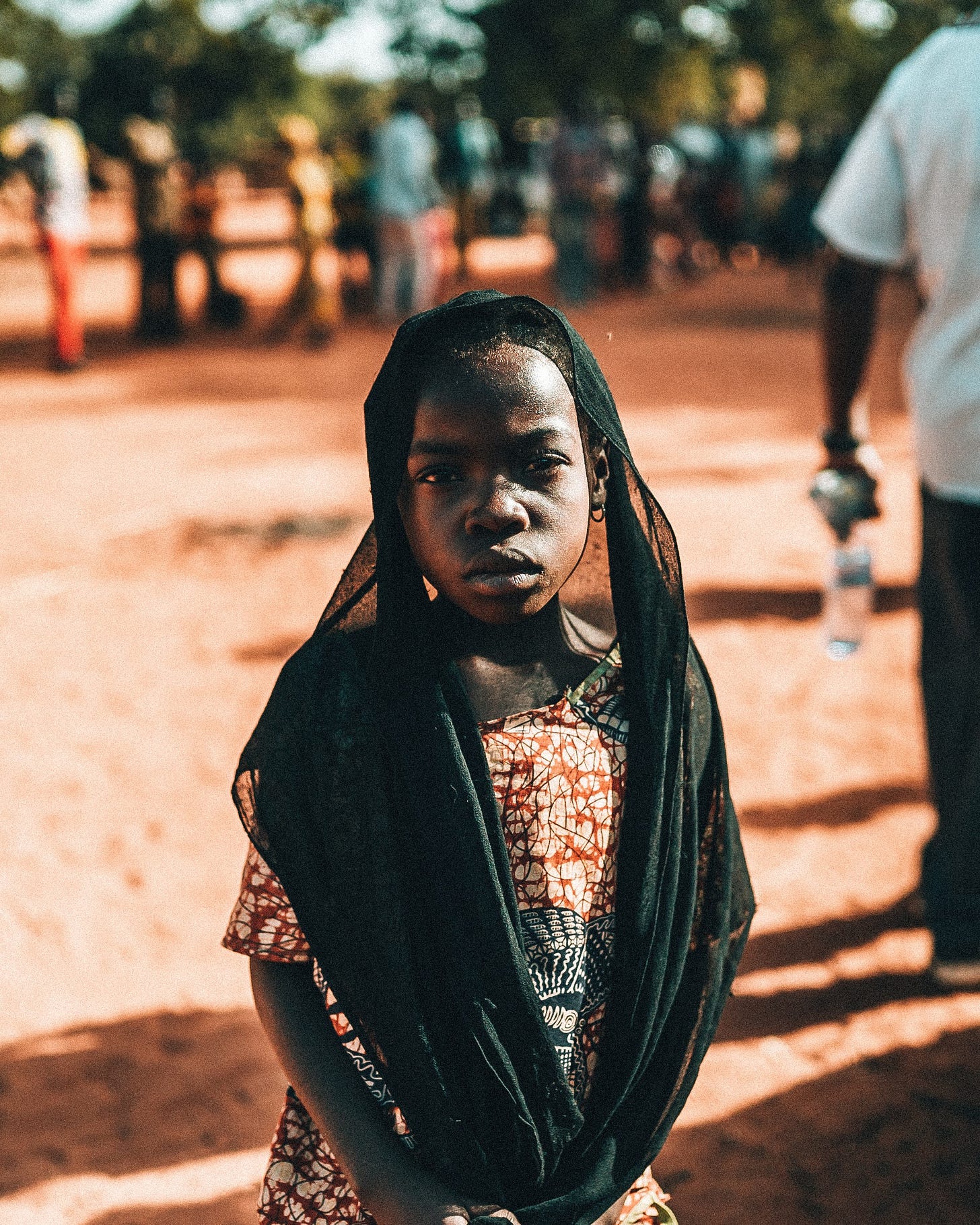
• In an interview with Reuters, “a source close to Hamas” said the group conducted a years-long campaign to trick Israel and its allies into believing it was no longer a threat.
• Senior members of Hamas and Iranian-backed Lebanese Hezbollah claimed Tehran helped plan the large-scale surprise attack on Israel, giving the Palestinian militant group the greenlight at a meeting in Lebanon last Monday, the Wall Street Journal reports. Iran has denied the reports, and the U.S. government said it could not confirm them.
• A preliminary unclassified assessment by U.S. intelligence agencies stated that, while Iran likely knew Hamas was planning an attack, the timing and scale of Saturday’s attack appeared to have taken Tehran by surprise, the Wall Street Journal reported.
• Israel’s Defence Minister Yoav Gallant said he ordered a “complete siege” of the Gaza Strip with “no electricity, no food, no fuel.” Prime Minister Netanyahu said Israel was entering the “offensive phase” of the war with Hamas militants as he faces calls to begin a ground invasion of Gaza, the Financial Times reports.
• The Israeli Defense Forces told the United Nations that approximately 1.1 million people living in northern Gaza should relocate to southern Gaza in the next 24 hours, the Associated Press reports. The United Nations considers it impossible for that to take place without devastating humanitarian consequences. Civilians have been urged to leave Gaza, but the only viable exit is a border crossing that Egypt has kept shut.
• Human Rights Watch accused Israel of using white phosphorus munitions in Gaza and Lebanon.
• Israeli Prime Minister Benjamin Netanyahu formed an emergency unity government by adding two opposition lawmakers to his cabinet, the New York Times reported. One of those lawmakers is former defense minister Benny Gantz.
• The Israeli hostage crisis is deepening as Hamas threatened to broadcast the execution of some of their hostages if the Israeli military fails to give advance notice of their bombardment of Gaza, the Wall Street Journal reports.
• Support for Palestine surged across the Middle East and North Africa following the outbreak of conflict between Israel and Hamas, the New York Times reports.
• Violence between Palestinian protesters and Israeli security forces erupted in several areas of occupied East Jerusalem and the West Bank, as the Israeli military ordered nearly half of Gaza’s population to evacuate ahead of an expected ground offensive, the Guardian reports.
• Strikes across the Israel-Lebanon border continued, leading to growing fears of a broader conflict that could draw in the Iranian-backed Hezbollah militant group in Lebanon, the New York Times reports. The Israeli Defense Forces (IDF) also said strikes were launched from Syria into Israel.
• Taiwan established a task force to learn lessons from Hamas’ large-scale surprise attack on Israel as the island nation counters Chinese threats, Reuters reports.
• The Biden administration may attach Ukraine funding to a request for urgent aid to Israel, the Washington Post reports. The pairing could increase the chance that Congress approves aid to Ukraine amid growing Republican opposition.
• Belgium will create a $1.8 billion fund for Ukraine using tax revenue from seized Russian central bank assets, the Wall Street Journal reports.
• Russian President Vladimir Putin arrived in Kyrgyzstan on his first known international trip since the International Criminal Court (ICC) issued a warrant for his arrest in March, the Washington Post reports.
• Finland and Estonia are investigating a possible act of sabotage on the underwater natural gas Baltic connector pipeline that was probably caused by “external activity,” the BBC reports.
• Poland is on the brink of a historic parliamentary election, Democracy Reporting International writes. For years, the incumbent Law and Justice Party has been pushing reforms that undermine the rule of law and democratic standards.
• Poland’s Chief of General Staff and Operational Commander, the two highest-ranking military generals, quit days before the critical election, the BBC reports.
• Al Jazeera has a primer on today’s vote in Poland.
• Twenty-nine people were killed in a displaced persons camp following artillery strikes in Myanmar, the BBC reports. The camp is located near the base of an insurgent group fighting the military junta.
• Vietnam-backed hackers attempted to install spyware on the phones of high-profile targets, including U.S. lawmakers and United Nations officials, Amnesty International said in a report.
Interesting statements:
You can write to me for any reason: cmaza@protonmail.com.





